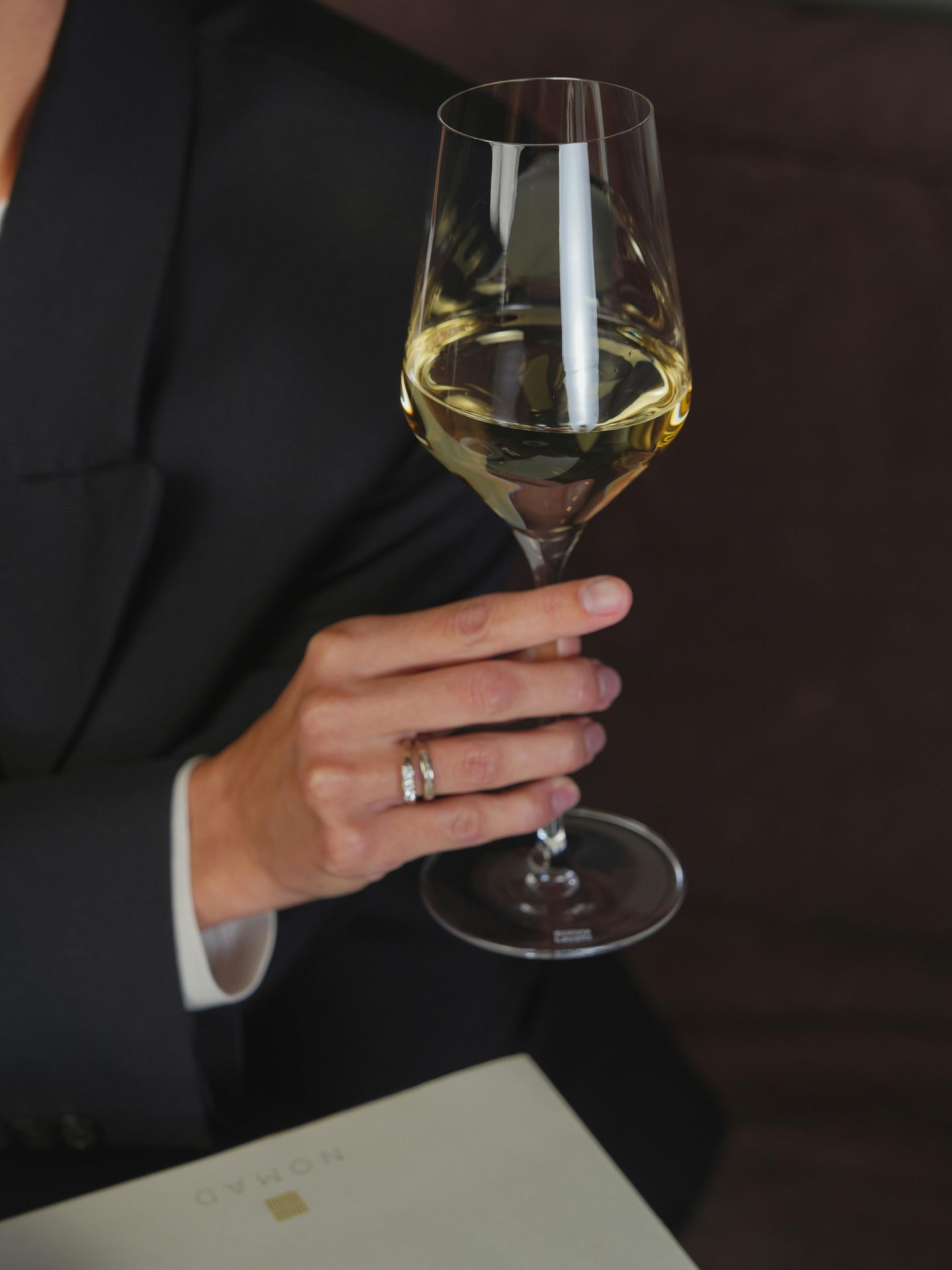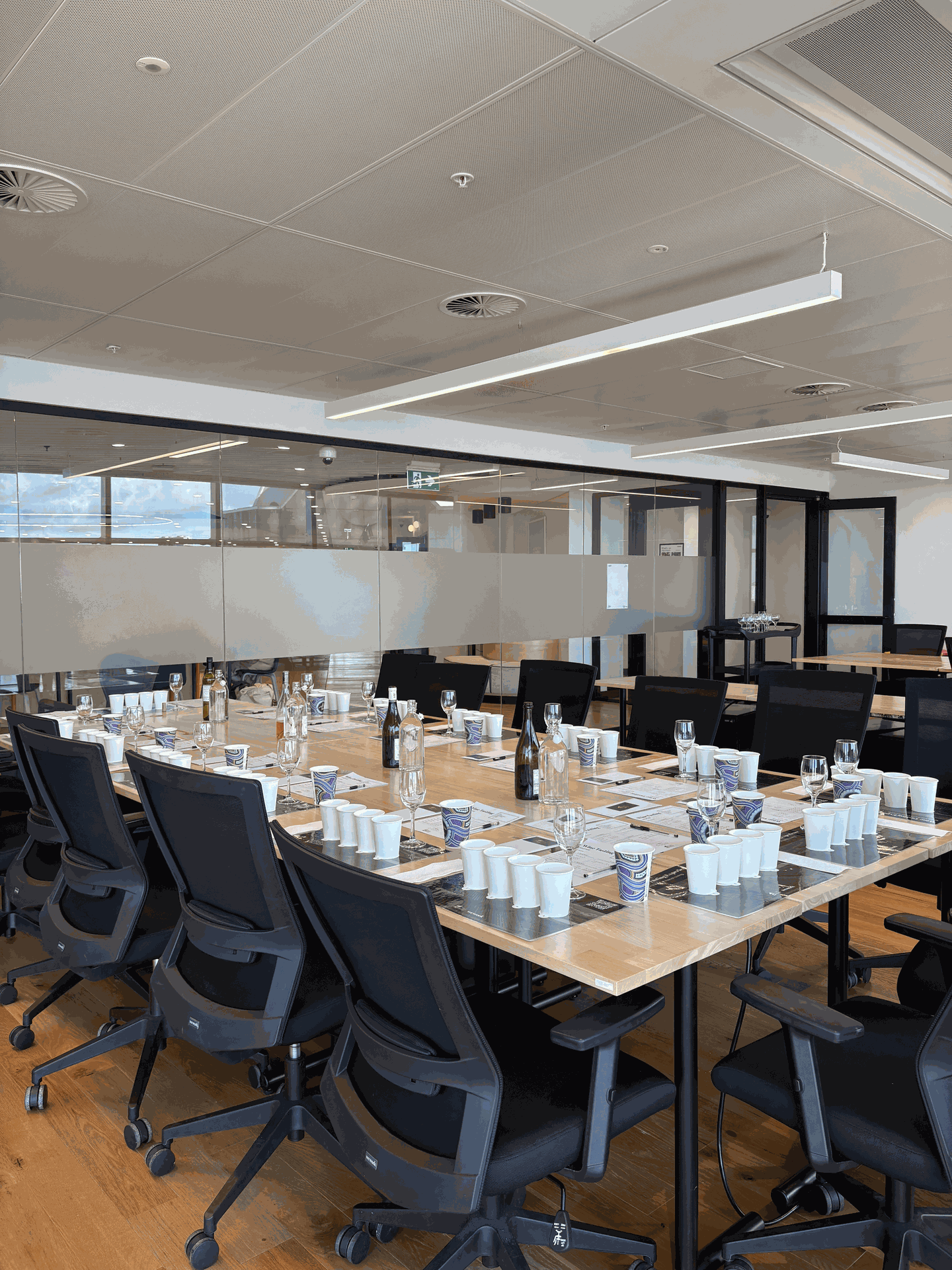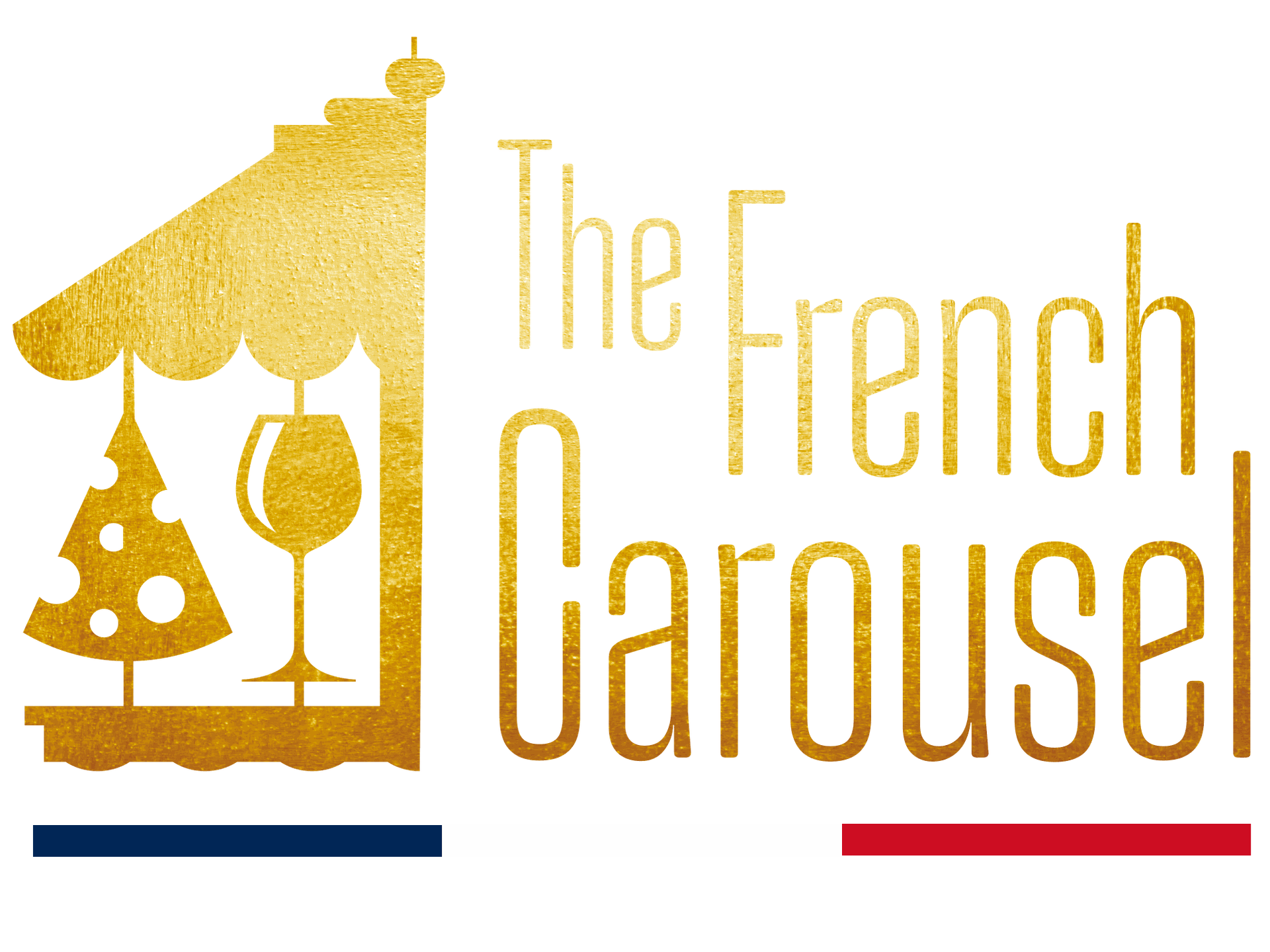Wine tasting is much more than just swirling a glass and sniffing its contents—it's a journey through history, culture, and flavors that is both enlightening and enjoyable. Whether you're a casual drinker hoping to become a wine buff or simply looking to impress at your next gathering, you've found the right spot. Our approachable wine tasting tips will guide you through the complex world of wine, showing you how each sip tells a story, especially from renowned French vineyards. From understanding wine terminology to mastering wine pairings, this guide invites you to discover wine appreciation as an enjoyable adventure rather than a chore. So, let's embark on this enchanting wine journey and unlock the secrets each bottle has to offer.
Mastering the Basics of Wine Tasting
We'll begin our journey into wine by mastering the basics. These foundational techniques will enable you to appreciate the nuances of each glass, building a solid base for your wine expertise.
Perfecting the Swirl and Sniff
Swirling and sniffing wine is more than just an elegant gesture—it’s a vital step in wine appreciation. Swirling releases the wine's aromas, and sniffing lets you discover its unique bouquet.
To perfect your swirl, hold the glass by the stem and gently rotate your wrist. This motion allows oxygen to interact with the wine, enhancing its flavors and aromas. When it’s time to sniff, immerse your nose into the glass and take short, quick sniffs. You may discover fruity, floral, or even earthy notes.
Practice makes perfect. The more you swirl and sniff, the better you'll become at distinguishing different wine characteristics.

Decoding Wine Terminology
Wine terminology can seem daunting, but it's essential for becoming a wine expert. Let’s simplify some common terms:
- Body: The weight and richness of the wine in your mouth.
- Tannins: Compounds that cause a dry, puckering sensation.
- Acidity: The crispness or tartness of the wine.
Don’t stress about memorizing all the terms at once. Start with these basics and gradually grow your vocabulary over time. As you try different wines, aim to identify these characteristics. Ask yourself if the wine is light-bodied or full-bodied, whether the tannins are strong or mild, and how the acidity feels.
In conclusion, remember there's no right or wrong in wine tasting. Trust your palate and enjoy exploring the world of wine!
Enhancing Your Understanding of Wine
Now that we've covered the basics, let’s dive deeper into enhancing your wine knowledge. This section will help you connect flavors, foods, and overall appreciation.
Exploring Wine Pairings
Wine pairing is an art that can elevate both your meal and your wine experience. The right combination creates a harmony of flavors that exceeds the sum of its parts. Generally, it's best to match the wine's intensity with the food's flavor. For instance, light wines pair well with delicate dishes, while bold wines complement rich, flavorful foods.
Here's a quick pairing guide to get you started. And don't be afraid to experiment—unexpected pairings can lead to delightful surprises.
Cultivating Wine Appreciation
Cultivating wine appreciation means developing your palate and understanding your preferences. It’s a journey that blends sensory exploration with knowledge acquisition. Begin by tasting a variety of wines. Keep a wine journal to record your impressions—what you liked, what you didn’t, and why. This practice helps you track your evolving tastes.
Also, attending wine tastings or joining a wine club can expose you to diverse wines and offer opportunities to learn from experts and fellow enthusiasts. Remember, wine appreciation is subjective. Trust your palate and avoid being swayed by others’ opinions. Ultimately, the best wine is the one you enjoy!
The Journey to Becoming a Wine Expert
Embarking on the path to becoming a wine expert is an exhilarating adventure. It’s about more than just tasting—it’s about immersing yourself in the rich culture and stories behind each bottle.
Embracing French Wine Culture
French wines are celebrated globally, and understanding French wine culture can significantly enhance your wine expertise. Each of France's wine regions has unique traits that influence its wines. For example, Bordeaux is known for its robust reds, while Burgundy excels in Pinot Noir and Chardonnay. Additionally, the Champagne region is the birthplace of the renowned sparkling wine.
French wine culture emphasizes terroir—the environmental factors that affect a crop's characteristics. This concept highlights how geography, climate, and soil contribute to a wine's character. So, embrace the French approach: savor wine gradually, pair it with food, and appreciate its story. This mindset will deepen your understanding and enjoyment of all wines.
Learning to Tell the Wine's Story
Every wine has a story, and learning to narrate it is a hallmark of a true wine expert. This involves understanding the wine's origin, production methods, and the passion of the winemakers. Consider the wine experience shared by WeWork, where participants learned about French wines through storytelling. This approach made the tasting more engaging and memorable.
When tasting a wine, reflect on its journey: ask where it was produced, which grape varieties were used, and how it was aged. Sharing these stories when serving wine to friends adds depth to the experience and showcases your growing expertise.
In conclusion, remember that becoming a wine expert is a continuous journey. Keep tasting, learning, and most importantly, enjoy the process!


